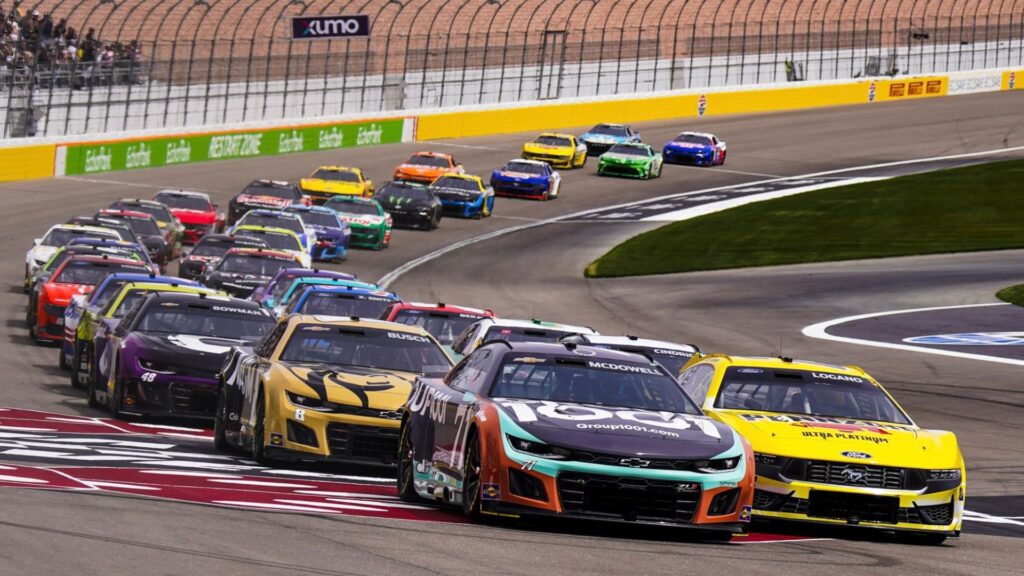
Image via NASCAR/Facebook
NASCAR might be in big trouble after Medusa, an infamous ransomware gang, allegedly hacked into the motorsports organization. Instead of locking employees out of the system, Medusa claims to have downloaded over a terabyte of sensitive data from NASCAR’s servers, threatening to release it all to the public on the dark web if the organization doesn’t cough up $4 million within 10 days, starting on April 8.
Actor Frankie Muniz doesn’t think there’s much respect in NASCAR.
In an act of supposed charity, Medusa says NASCAR can pay $100,000 a day to extend the deadline. To prove it’s serious and has the data, Medusa published 37 images of documents with critical parts blurred. Among the leaked data are maps of facilities, corporate branding assets, employee personal contact info, internal notes, and photos, reports Hackread.com.
We’re sure NASCAR doesn’t want all of its secrets spilled to the public, and that’s why these types of extortion tactics are often quite effective. After all, controversial topics like NASCAR’s approach to Bubba Wallace might be exposed with juicy details which will have long-lasting implications for the motorsport.
So far, NASCAR hasn’t said anything about the alleged hack. We don’t know if Medusa fabricated the leaked documents or if they’re legitimate as a result, and perhaps that’s why NASCAR has stayed silent.
The big question is will NASCAR cave to the demands, determining the damage done by leaked details would be more costly, and hand over $4 million? Considering that’s almost pocket change for the organization, that might be why it was targeted.
Medusa has been around since at least 2021 and has targeted a number of large organizations. The organization released a treasure trove of data from Minneapolis Public Schools in 2023 after it didn’t get the $1 million ransom demanded.
The FBI warned entities in the US about the ransomware group back in March, encouraging companies and public organizations to beef up their security protocols with simple steps like using two-factor authentication.
Image via NASCAR/Facebook
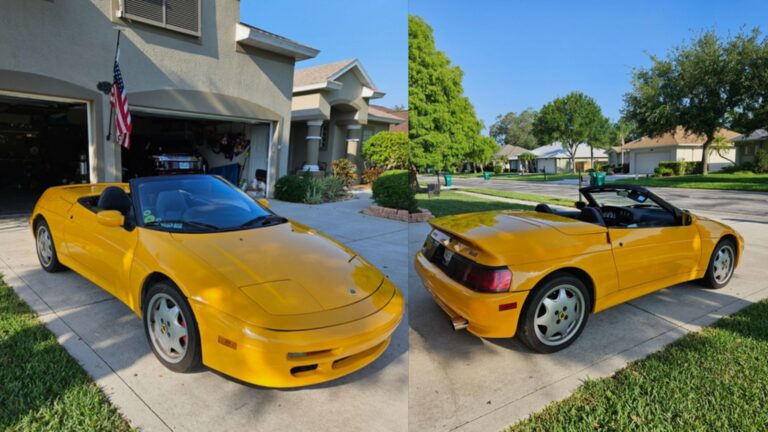
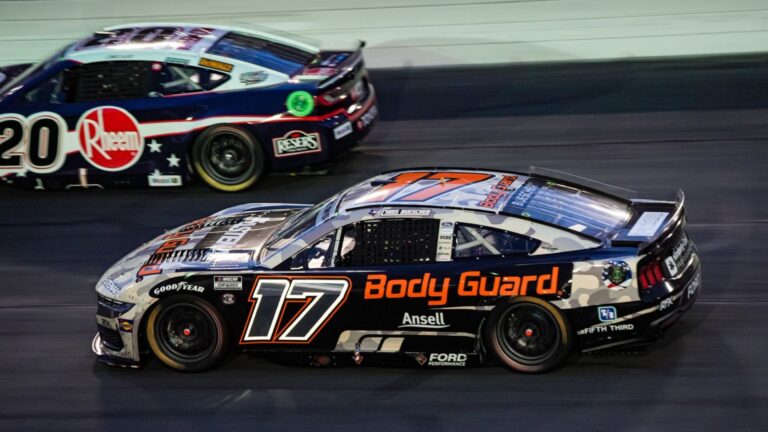
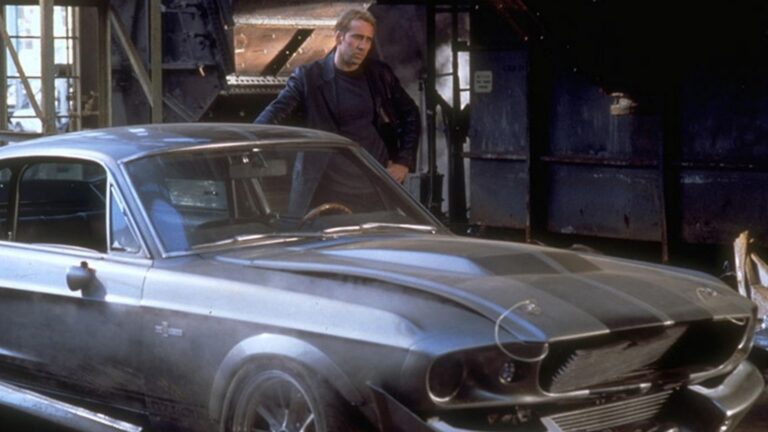
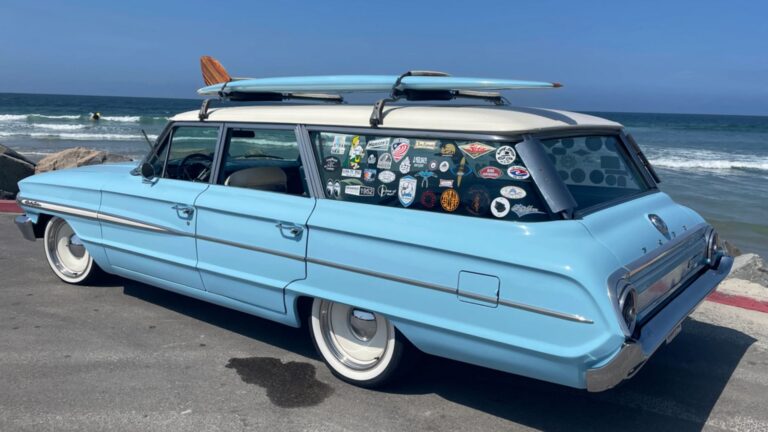
1 thought on “NASCAR Hacked By Infamous Cybercrime Group”